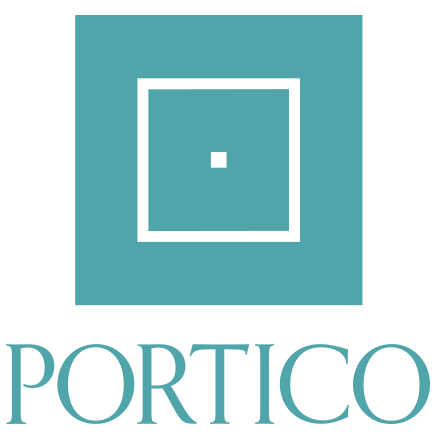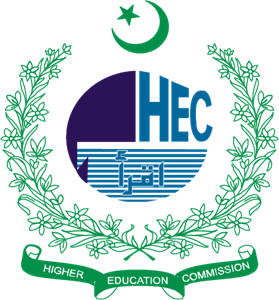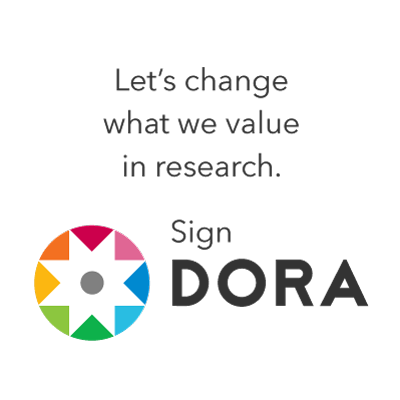Publication Ethics
SSURJET is dedicated to maintain the integrity of the published material. Academic publishing values depend on ethical behavior on everyone's part. The Committee on Publication Ethics (COPE) website is recommended by our authors and editors. SSURJET adheres to the COPE's Principles of Transparency and Best Practice in Scholarly Publishing and has a strong belief in maintaining an accurate publication record. Principles of Transparency and Best Practice in Scholarly Publishing. SSURJET follows the Gold Open Access model.
All online articles will be made available for Open Access through the PORTICO archive in the event that a journal ceases publication and SSURJET removes the journal's website. If you're not sure about a journal-related ethical issues, you might find the answer in COPE's plethora of resources. However, if you have any questions or concerns, please don't hesitate to contact the Journal Editor or the SSURJET Publishing Editor, or you can send us a Send email.
The Higher Education Commission of Pakistan has prepared Publication Ethics guidelines for all its approved Journals. Pakistan national journals follow the guidelines of HEC;
Correction Policy
- Any errors and corrections observed after the publication of paper that are significant to technical issues should be reported.
- The academic editors have the right to review any modifications.
- Any modifications made after publication that affects the scientific interpretation (such as those made to a misleading section of an otherwise trustworthy publication, errors in figures or data that have no bearing on the conclusions, or the addition of methodological information that was lacking previously) are announced using a Correction.
- Any changes in method(s), result(s) after publication will not be allowed.
- Any modifications (grammatical, sentence structure, resolution of images, formatting issues) made by the author after publication will incur a correction fee.
Retraction Policy
A publication should be retracted by journal management if:
- They have solid proof that the results are suspect due to misbehavior (such as data manipulation) or honest error (e.g., miscalculation or experimental error, not giving credit to the author(s) (CC-BY)).
- The results were previously released without adequate cross-referencing, authorization, or rationale (ie, cases of redundant publication).
It reports unethical research and is plagiarized.





